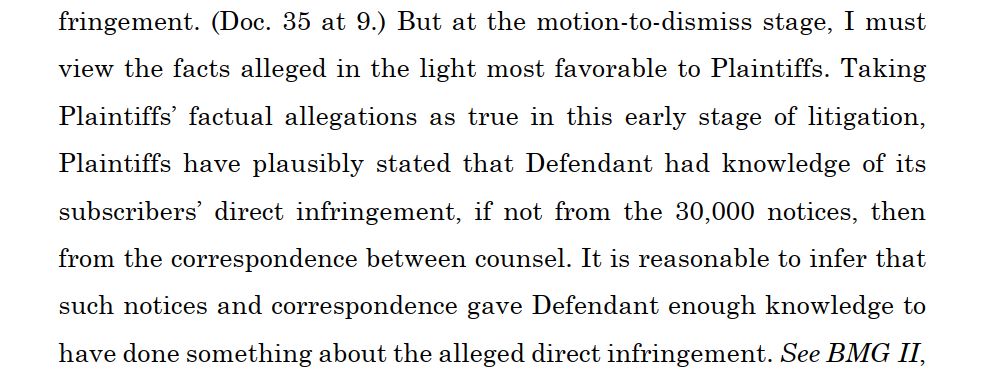-
chevron_right
Expend4bles: 3,000 Canadians Targeted in Federal Court Piracy Sweep
news.movim.eu / TorrentFreak • 27 May, 2024 • 4 minutes
 According to
The Numbers
, the most financially successful movie franchise of all time is the Marvel Cinematic Universe. Generating almost $30 billion at the worldwide box office, its closest rival is Star Wars, with just $10.3 billion.
According to
The Numbers
, the most financially successful movie franchise of all time is the Marvel Cinematic Universe. Generating almost $30 billion at the worldwide box office, its closest rival is Star Wars, with just $10.3 billion.
In 198th place with a still-respectable $840 million is The Expendables franchise. While not at the top of the heap here, none of the competition would have a chance of beating this series if legal action against members of the public was a competition.
Record Breakers
Early 2011 after pulling in $274 million at the worldwide box office, the company behind the first movie targeted 6,500 suspected pirates via a complaint filed at a district court in Columbia. That case quickly expanded to over 23,300 potential defendants in a list that ran to 371 pages ; that made it the largest case of its type in legal history.
While that case was dismissed due to almost none of the potential defendants actually residing in the district where they were sued, every movie in the franchise subsequently released featured lawsuits against alleged pirates. A leaked copy of Expendables 3 triggered legal action against downloaders and pirate sites , and then came the arrests and prison sentences ( 1 , 2 ) for those who obtained and leaked the movie.
Expend4bles Released in 2023, Predictable Plot
If the paperwork filed at Canada’s Federal Court is taken on face value, almost 3,000 Canadian internet subscribers grabbed a copy of Expend4bles after it appeared on BitTorrent networks in 2023. In common with every movie in the series, they were being monitored as they did so.
Whether they were simply oblivious to the history, not especially interested due to being a small child at the time, or merely the bill-payer of an internet subscription used by others, will be a discussion for later. Right now, the company behind the movie, Ex4 Productions, Inc., hopes to receive permission from the Federal Court to obtain their names and addresses from their ISP.
There’s currently nothing on the docket to say that permission has already been obtained but after investigating 500 IP addresses out of the 2,964 in the statement of claim, we can confirm that every one of the 500 is registered to Bell.
There’s almost no doubt that the purpose of obtaining names and addresses will be to write to the defendants with a demand for a substantial cash settlement to avoid ‘unnecessary’ legal action.
The start of what appears to be a proposed letter to those affected is shown below.
The allegations made in the 14-page statement of claim mostly stick to the usual format, noting that all ‘Doe defendants’ were monitored ‘uploading’ or distributing the movie, contrary to copyright law. The plaintiffs acknowledge that they don’t know the identities of those they’re targeting, hence this action.
No Evidence to Identify Infringer
After making their case in the strongest terms against internet subscribers they do not know, asserting in the clearest terms that these people are direct infringers, there’s the usual switch to account for just one of several alternative scenarios.
After acknowledging that the bill payer may not be responsible and someone else with access to the connection may be the culprit after all, the bill payer is painted as responsible for other people’s infringement regardless.
Alternatively, some of the Defendants may not be the direct infringer, but through negligence, willful blindness or indifference has authorized others (“Direct Infringers”) to do the foregoing acts, including the Unlawful Acts, acquiesced to the Direct Infringers doing of the foregoing acts, and/or has acted in concert with the Direct Infringers with a common design with respect to their activities set out herein, including the Unlawful Acts.
To add weight to the claim that the bill payer is negligent, the plaintiffs point out that each subscriber was sent a warning notice in advance, which allegedly they did nothing about.
Each Defendant was provided with prior notice (the First Notice) that such Defendant’s internet account was being used in a way that infringed the Plaintiff’s copyright, and yet such Defendant did nothing to prevent or cease the infringement. Each Defendant therefore knew or should have known that their internet account was being used contrary to s. 27(1) of the Copyright Act.
No further detail is provided about the warning notices, how they were sent, or when, but it seems likely they were issued as part of the notice-and-notice scheme operated via Canadian ISPs.
Since the defendants’ IP addresses are listed in the statement of claim, and we needed to extract those for the purpose of identifying the internet provider as mentioned above, we took the opportunity to geo-locate each one.
Since geolocation by IP is not always accurate, the usual caveats apply. Nevertheless, the map below should provide a very general overview of where the defendants reside. The larger the dots, the more defendants located in that region.
The statement of claim is available here (pdf)
From: TF , for the latest news on copyright battles, piracy and more.


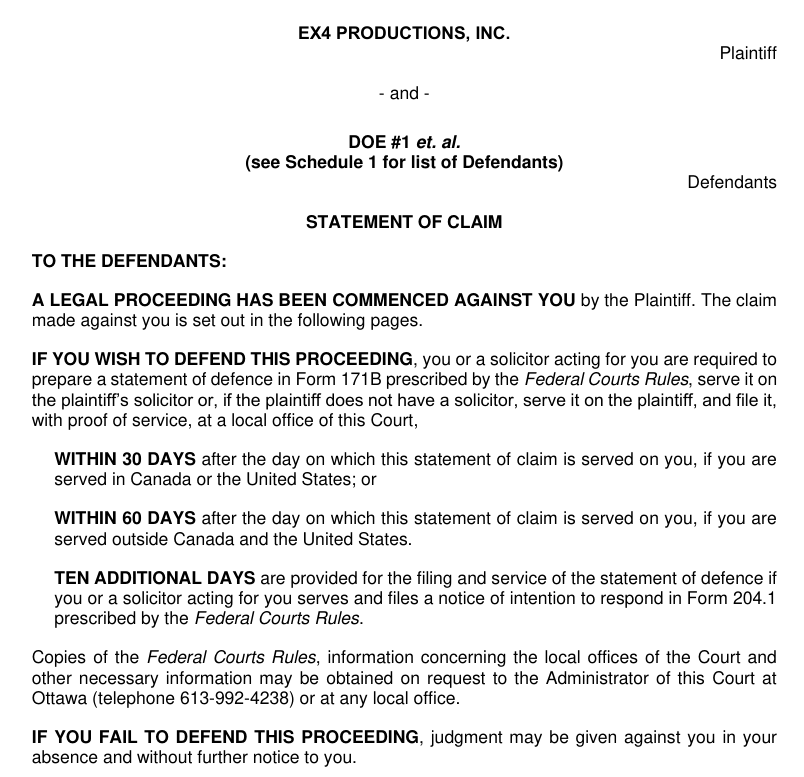

 Three years ago,
Three years ago,


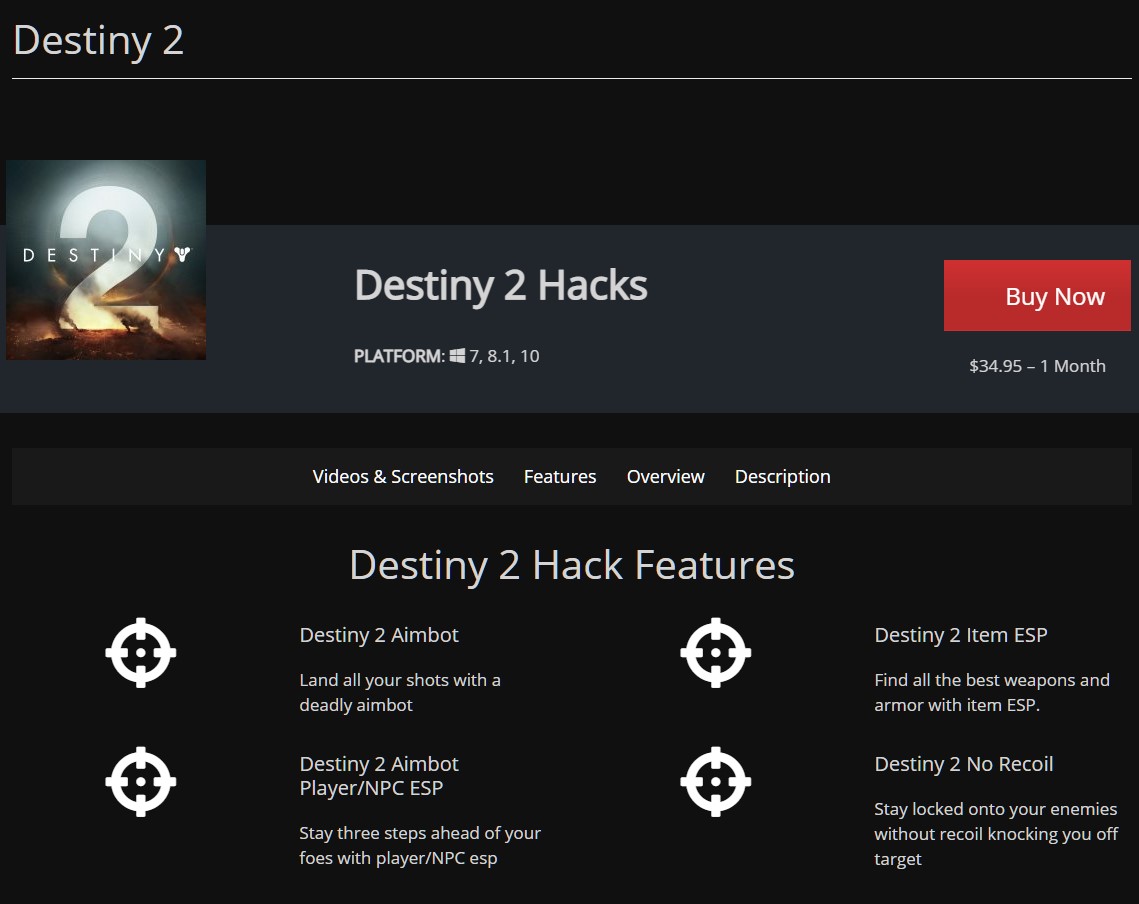



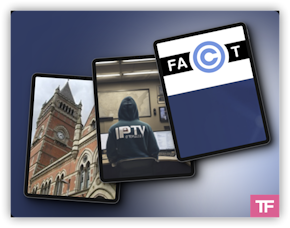
 Millions of people regularly pirate movies and music. While this is against the law, most don’t get into trouble.
Millions of people regularly pirate movies and music. While this is against the law, most don’t get into trouble.

 In recent months, rightsholders of all ilks have filed lawsuits against companies that develop AI models.
In recent months, rightsholders of all ilks have filed lawsuits against companies that develop AI models.


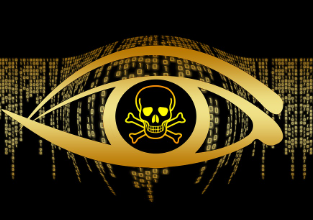
 Over the past two decades, online piracy has proven a massive challenge for the entertainment industries.
Over the past two decades, online piracy has proven a massive challenge for the entertainment industries.
